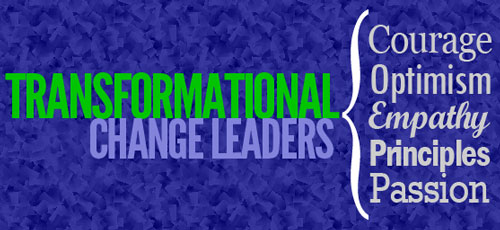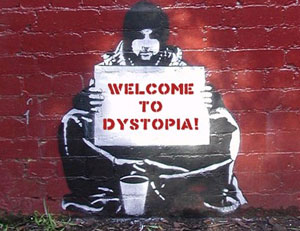Larry Page, the Google co-founder, once recommended that people “have a healthy disregard of the impossible.”
Thought leaders would most likely agree with that general advice, but they would also recognize that it’s critical to know your own limits and those of your organization…especially when you’re making changes in the company and its culture.
How do you know you’re pushing your employees and your company as a whole just that wee bit too far?
Having good communications processes and practices in place will allow you to quickly and efficiently gather feedback so you can sense that limit before you reach it.
A good communications team can help you sense what’s happening in the organization so that you can respond appropriately. They can read the signals and clarify how employees are reacting to your messages, how change is being perceived and where –or whether — it’s taking hold.
Your communications team can be a barometer for you…by frequently tracking the”barometric pressure” during a change initiative, they can tell you whether a storm is brewing or whether there’s clear weather ahead for more change.
Is your “disregard of the impossible” healthy for your organization or are you stretching it beyond its limit? Ask, assess then act




